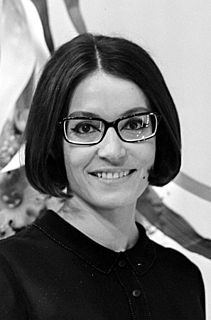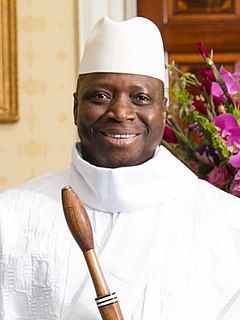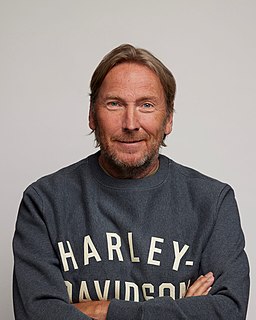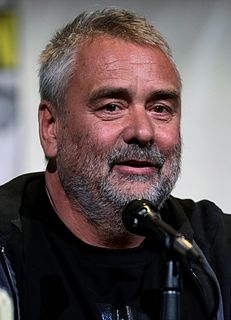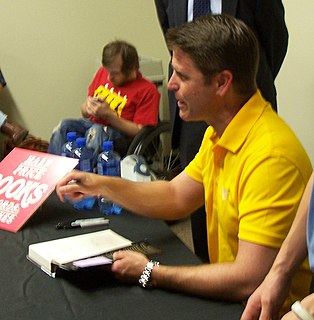A Quote by Nana Mouskouri
The Berlin Wall go down, that was the most wonderful thing that could happen, absolutely. I celebrated with everybody in Berlin that day when the Wall was down.
Quote Topics
Related Quotes
Berlin is still a very edgy place, a very cosmopolitan place. It's a place where completely different ideas and cultures come together and clash in a very warm way. In a very warm-hearted way. It's a very young city. It's a vibrant city. It's an exciting city. It's a city that's also scarred by history. I think that's to be celebrated and graffiti is to be celebrated. Graffiti in Berlin is very different than when they spray something on the wall dividing the west bank and Israel. And should be treated as such in Berlin.
